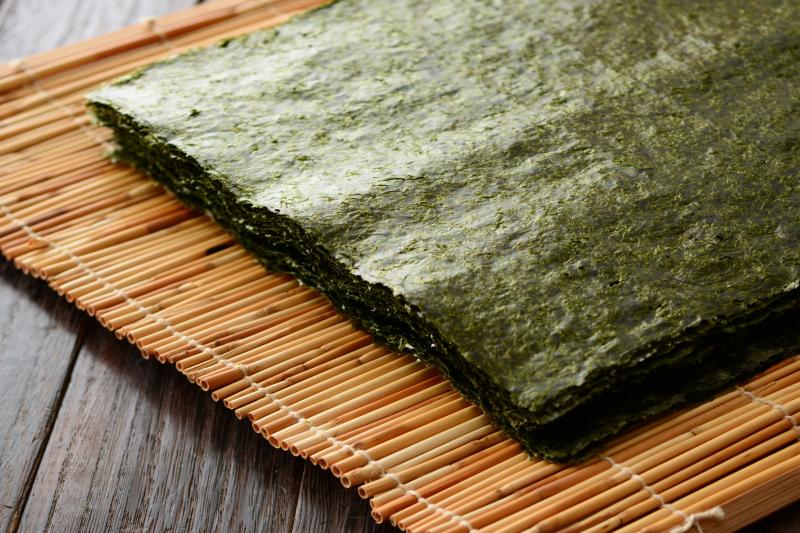 Seaweed that was only previously known to play a part in sushi rolls, has gained tremendous popularity on the health scale.
Seaweed that was only previously known to play a part in sushi rolls, has gained tremendous popularity on the health scale.Eating seaweeds appears to confer a protective benefit against the development of ischaemic heart disease, suggests a Japan study.
The investigators identified 4,777 strokes (2,863 ischaemic stroke, 1,361 intraparenchymal haemorrhages and 531 subarachnoid haemorrhages) and 1,204 ischaemic heart disease cases during 1,493,232 person-years of follow-up.
Almost daily consumption compared with almost no consumption of seaweed among men was inversely associated with risk of ischaemic heart disease (hazard ratio [HR], 0.76, 95 percent confidence interval [CI], 0.58–0.99; p-trend=0.04) and total cardiovascular diseases (HR, 0.88, 95 percent CI, 0.78–1.00; p-trend=0.08). Such inverse associations were also seen among women for ischaemic heart disease (HR, 0.56, 95 percent CI, 0.36–0.85; p-trend=0.006) and total cardiovascular diseases (HR, 0.89, 95 percent CI, 0.76–1.05; p-trend=0.10).
Significant observations were not observed between intake and risk of total stroke or stroke types among either men or women.
This study surveyed 40,707 men and 45,406 women from two large cohorts (age range, 40–69 years). A food frequency questionnaire was used to determine seaweed consumption at baseline (1990–1994). Incidences of stroke were ascertained until the end of 2009 (cohort I) or 2012 (cohort II). Cox proportional hazard models were used to estimate sex-specific cardiovascular disease HRs after stratification by area and adjustment for cardiovascular disease risk and dietary factors.
“The minerals, vitamins, soluble dietary fibres and flavonoids of seaweed are protective for preventing cardiovascular diseases,” the investigators noted.